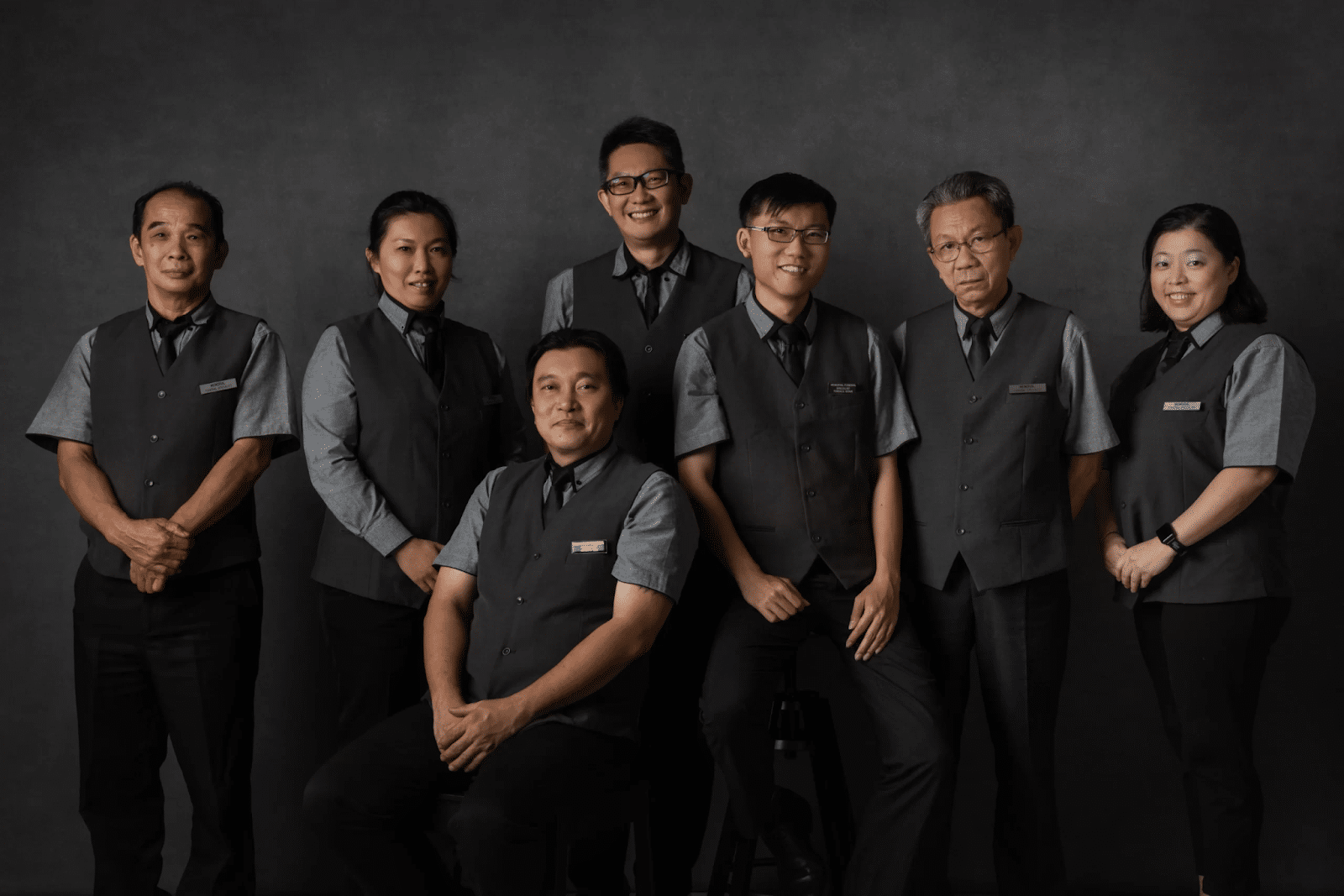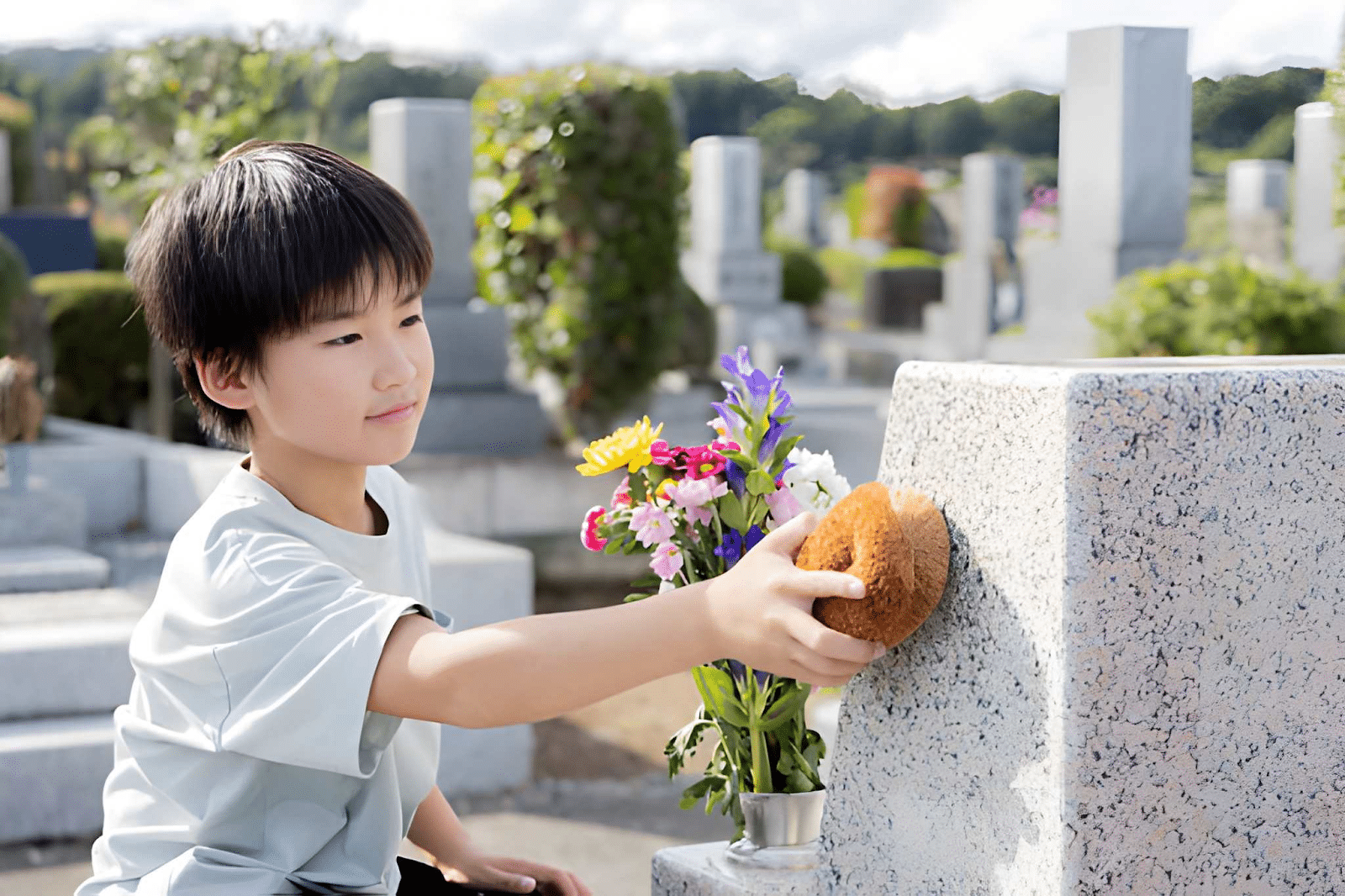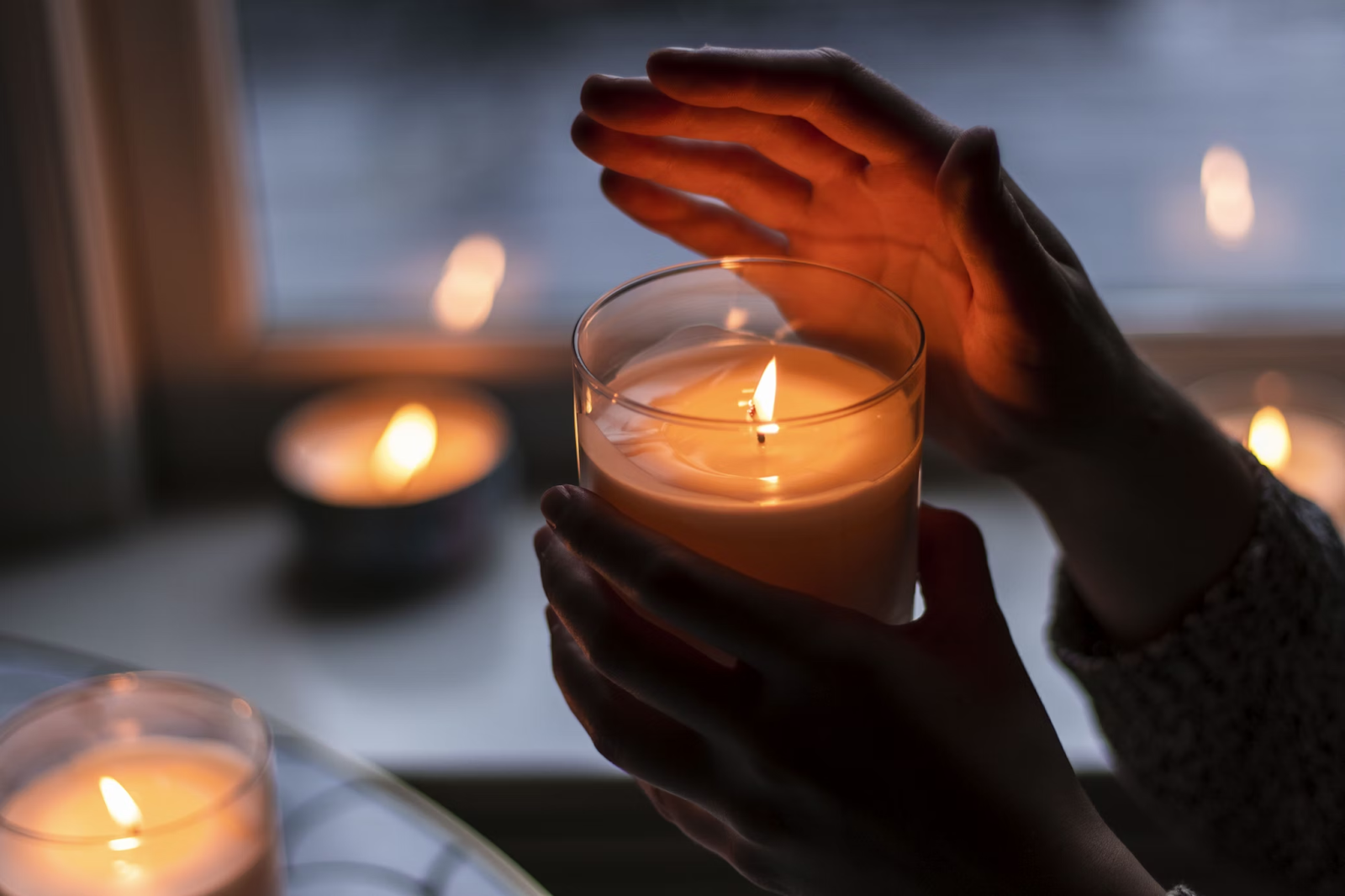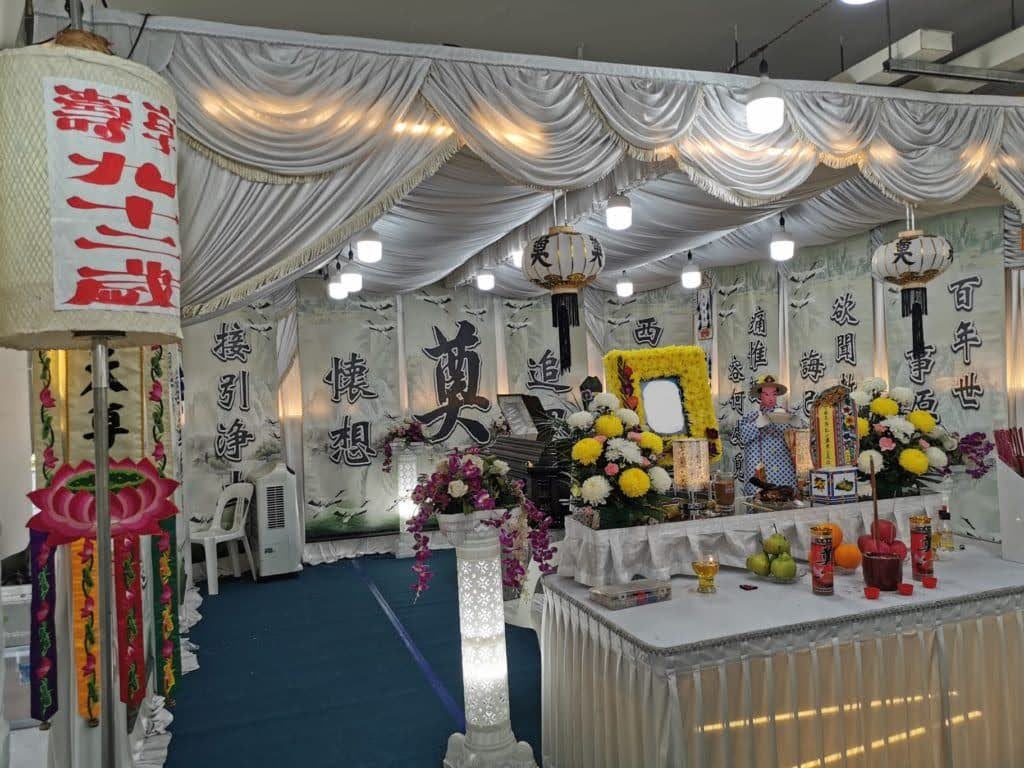Funerals hold profound cultural significance in Singapore, serving as a solemn occasion to bid farewell to the departed and honor their memory in Buddhist funerals and Taoist funerals. In the tapestry of Chinese customs, funerals are deeply rooted in traditions that embody respect, filial piety, and the acknowledgment of an individual’s journey into the afterlife. This article aims to provide insight into the nuanced landscape of Chinese funeral customs, shedding light on the rituals that characterize these ceremonies and highlighting the do’s and don’ts after Chinese funerals.
Do’s After a Chinese Funeral
1. Expressing condolences
Traditional gestures and phrases
In the aftermath of a Chinese funeral, expressing condolences is a fundamental act of compassion. Traditional gestures, such as offering a deep bow or clasping one’s hands together in a gesture of respect, convey a genuine acknowledgment of the family’s grief. Saying phrases like “节哀顺变” (jié āi shùn biàn), which translates to “condolences and acceptance of fate,” carries profound cultural significance in conveying sympathy.
Sending sympathy cards or flowers
Written condolences are often expressed through sympathy cards, where heartfelt messages can provide solace to the grieving family. Additionally, sending flowers is a universally recognized gesture of support. When choosing flowers, white lilies or chrysanthemums are commonly preferred, as they symbolize purity and the cycle of life and death in Chinese culture.
2. Attending the post-funeral rituals
Paying respects to the deceased at the burial site
Attending the burial site is a gesture of respect and a way to honor the departed. Offer flowers or burn incense at the gravesite as a symbolic act of remembrance. Standing quietly for a moment of reflection demonstrates reverence for the deceased and consideration for the mourning family.
Participating in memorial ceremonies and post-funeral events
Joining memorial ceremonies or post-funeral events, such as prayer sessions or rituals held at the deceased’s home or a designated place, is a tangible way to show support. Active participation in these events, whether through reciting prayers or contributing to ceremonial offerings, underscores your commitment to honoring the departed soul.
3. Offering practical support
(Source: Unsplash)
Assisting with funeral arrangements
Providing practical assistance with funeral arrangements showcases a deep commitment to easing the burden on the grieving family. Whether helping with logistics, coordinating transportation, or liaising with service providers, your involvement can be invaluable during this challenging time.
Providing emotional support to the bereaved
Emotional support is equally essential. Offer a listening ear, empathize with the family’s emotions, and be present to share the burden of grief. Small acts of kindness, such as preparing meals or helping with daily tasks, can provide comfort amid the emotional turmoil.
4. Following cultural practices
Dress code and appropriate attire
Adhering to the culturally appropriate dress code is a sign of respect. Typically, mourners wear subdued colors like black or white to signify solemnity. Avoiding vibrant or festive attire is crucial, as it reflects an understanding of the gravity of the occasion.
Bringing offerings to the family
It is customary to bring offerings when visiting the bereaved family. These offerings can include fruits, tea, or other consumables symbolizing condolences and goodwill. The gesture reflects a desire to provide comfort and support during a challenging period.
Don’ts After a Chinese Funeral
(Source: Feifei Wang – Quora)
1. Avoiding inappropriate behavior
Refrain from loud or overly cheerful expressions
In the aftermath of a Chinese funeral, it is crucial to maintain a demeanor of solemnity and respect. Loud or overly cheerful expressions can be perceived as disrespectful and may disrupt the grieving process. Cultivating an atmosphere of quiet reflection demonstrates understanding and empathy.
Showing respect through somber demeanor
A somber demeanor is a cultural marker of respect during the mourning period. Avoiding excessive laughter or frivolity is essential, as it underscores the gravity of the occasion and shows consideration for the emotional state of the bereaved family.
2. Respecting cultural taboos
Understanding and adhering to traditional superstitions
Chinese funeral customs are often intertwined with cultural superstitions. Respect these beliefs by refraining from actions that may be considered inauspicious, such as sweeping the floor or pointing at the deceased. Awareness and adherence to these superstitions reflect cultural sensitivity.
Avoiding certain colors and symbols
Certain colors and symbols hold specific meanings in Chinese culture. Steer clear of vibrant and festive colors, as well as symbols associated with joy and celebration. This includes refraining from wearing red, as it is traditionally associated with happiness, and opting for more subdued tones that align with the solemnity of the occasion.
3. Refraining from excessive mourning
(Source: Unsplash)
Balancing grief with cultural expectations
While grieving is a natural and individual process, it is essential to strike a balance between expressing sorrow and adhering to cultural expectations. Avoid excessive displays of grief that may be perceived as disruptive or contrary to established mourning practices.
Avoiding displays of extreme emotion in public
Public displays of extreme emotion, such as wailing or dramatic gestures, may be considered inappropriate in Chinese funeral settings. Demonstrating restraint and maintaining a composed demeanor in public spaces respects cultural norms and ensures a more harmonious mourning environment.
4. Not interfering with mourning practices
Allowing the family space and time to grieve
After a Chinese funeral, it is crucial to give the bereaved family the space and time they need to process their grief. Avoid unnecessary intrusions and respect their need for solitude, allowing them to navigate the mourning period at their own pace.
Avoiding unnecessary disruptions during rituals
During post-funeral rituals or ceremonies, it is paramount to refrain from unnecessary disruptions. Silence mobile phones, avoid unrelated conversations, and be mindful of the solemn atmosphere. This ensures that the family can engage in the rituals without unnecessary distractions, fostering a more meaningful and respectful environment.
Conclusion
In conclusion, as we reflect on the nuances of navigating the aftermath of a Chinese funeral, it becomes evident that our actions carry profound significance in honoring tradition, expressing empathy, and providing genuine support to grieving families. The outlined do’s, emphasizing expressions of sympathy, participation in rituals, and cultural sensitivity, underscore the importance of shared humanity during times of loss. Conversely, the don’ts highlight the need for restraint and respect, acknowledging that mourning is a delicate process deeply rooted in cultural norms. By adhering to these guidelines, individuals not only pay homage to the departed but also contribute to the creation of a compassionate and understanding community. In this intricate dance between tradition and modernity, the key lies in recognizing the enduring importance of cultural sensitivity and the timeless value of respect for mourning traditions as we navigate the delicate terrain of grief and remembrance.
If you have any questions about Chinese funeral customs, you can try to check out our blog articles where we talk about Singapore funeral customs, practices, and much more.








